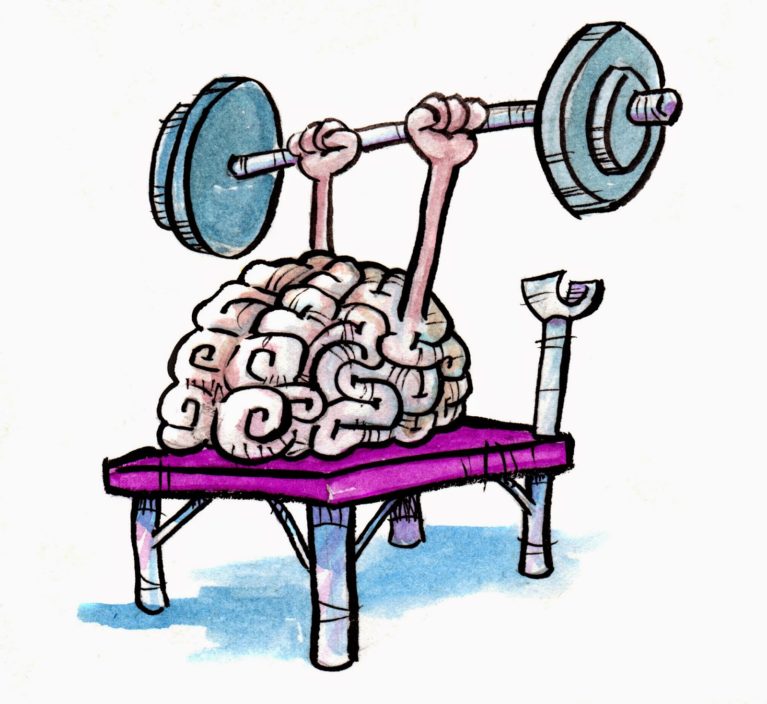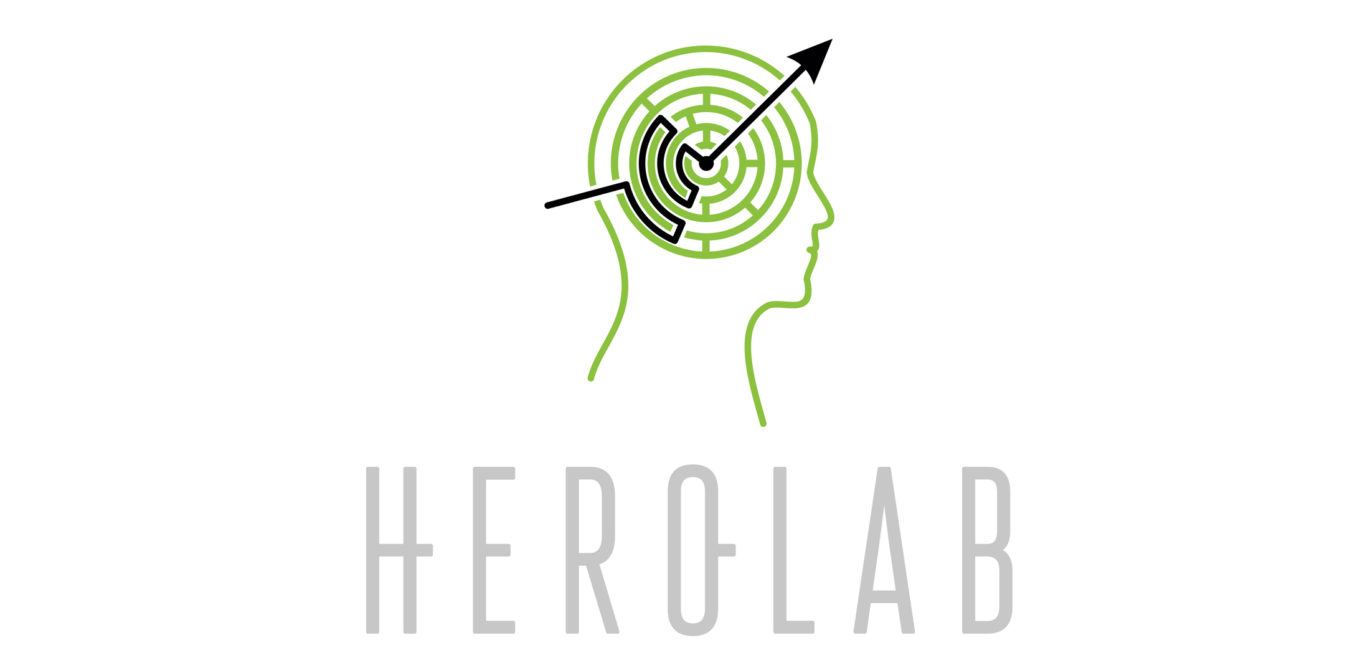In many situations it makes more sense to identify the things that are not working and move away from them, rather than focusing on what you think will work and attempting to move towards it.
This is called the Negative Approach and it is a powerful tool for anyone trying to master mental focus. The Negative Approach asserts that ideal solutions, responses, and reactions will emerge if poor ones are “seen through” and discarded. There are many reasons why the Negative Approach is particularly applicable to mental skill development because of it does not overload your ability to maintain the correct mental focus when you are under pressure to perform. The Negative Approach, as we define it, means identifying the things that didn’t work or caused us to lose focus. This investigation is done after any given performance, experience, or stressful situation. By contrast, a positive approach to skill development implies that you identity and hold to some ideal about the best way to do what is required of you while you are performing. This implies occasionally thinking about or steering your focus towards ideas about how things should be during the moments that you are under pressure to perform.
The essential difference is subtle but important;
The Negative Approach says “GO AHEAD…forget what you don’t know…focus and trust your reactions”.
In other words, for the challenge at hand, right now, you’ve only got whatever skills and habits you have ingrained. If your reactions are ineffective, we’ll do an autopsy…later! (See Stress Cycling).
A Positive approach asks you to “Remember this…focus on that…do it right!”…during your performance!
Any skills or reflexes that you must control consciously while under pressure are not actually reflexes yet and probably were not ready for this particular performance. Thinking about what you should be doing is by definition mental noise (see post). It is not a relevant Focal Target (see post) for the task at hand. It is, by definition, a distraction. That is to say it will impact your focus and your performance when the pressure is on.
The Negative Approach puts no burden of “correction” on you at showtime, rather it prompts you to investigate the cause of any loss or focus or performance afterwards. Regular use of a mental performance journal such as the Cognitive Log (see post) makes it much easier to identify the factors that negatively impact your performance without creating the temptation to mentally police (or babysit) yourself when the pressure to perform is on. If you take the time to identify and understand the things that didn’t work and the things that distracted your focus (later, when the bullets are not flying) you will develop intuitions, insights, and reflexes that can be trusted to keep you clear of those same pitfalls the next time you face them. Notice that the positive emerges as we move away from the negative!
Using a Negative Approach will also get you into the valuable habit of wanting to learn about the things that are not working. As you work to become an expert at Stress Cycling (see post) you find yourself confidently seeking out stress and resistance, knowing you have the tools to learn, grow, and improve from each challenging experience.
So…when the chips are down and the pressure is on should leave your mind to focus on what you are doing or is it better to focus on what you should be doing?



Leave a comment